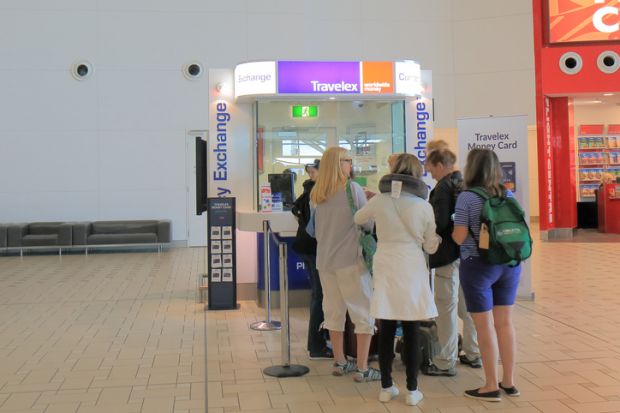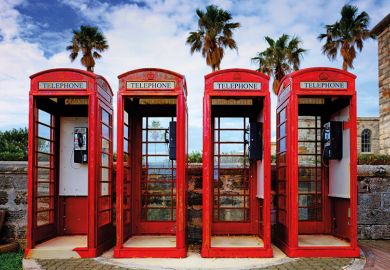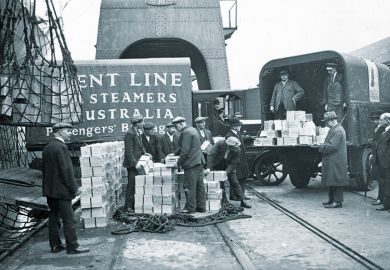The groups representing UK and Australian universities have resolved to “turbocharge” their relationship, as Brexit and possible free trade negotiations create fertile conditions for mutual back-scratching.
Universities UK and Universities Australia said they would work together to boost joint research, student and academic exchanges, and mutual recognition of each other’s academic and professional qualifications.
The resolution follows a “UK-Australia roundtable” in Canberra last week and a similar meeting in London last May. “I wouldn’t say Brexit is the reason for it, but it’s certainly part of the stimulation,” said UA executive director Belinda Robinson.
“It’s been a bit of a jolt, providing the opportunity for us to relook at the relationship and giving us momentum to develop the opportunities for where we can be something more than our component parts. Brexit has meant the UK is looking for other opportunities and we are always looking for international opportunities.”
Ms Robinson said the groups also wanted pre-cooked ideas to contribute to any free trade discussions between the two countries. “It may be that some of this work would get picked up and driven by an FTA,” she said.
She said the joint work could spawn initiatives such as a bilateral research fund, sharing of research infrastructure and a special visa category for academic talent, although she acknowledged that the latter was “a little ambitious”.
While it could speed up academic exchanges, it was unlikely that Australia’s government would “want to carve out some sort of special arrangement for a particular sector and a particular country. Nevertheless, it’s an idea we’re going to pursue.”
The move is part of an Antipodean push to re-establish the special bond the two nations enjoyed before the UK entered the European common market in 1973. With the UK perceived as somewhat friendless in its neighbourhood since the Brexit vote, the conditions are ripe for Australia to step up as best buddy.
But Ms Robinson said the special relationship had never dimmed in higher education. She said the “very strong ties” were evident in the one-quarter of Australia’s universities run by people from the UK.
“We’ve got shared history,” she said. “We share so many issues. From a policy perspective we tend to learn from each other and leapfrog each other.”
UA said the next phase of the work would involve preparing a “mapping report” identifying areas of comparative strength in the relationship, and those that could benefit from “more focused attention and investment”.
The mapping exercise would “draw out” existing collaborations working in sync with both countries’ stated national priorities, it said. The two organisations will also work with professional and statutory bodies to assess where the recognition of professional qualifications “is already well advanced, and where this could be improved”.
Register to continue
Why register?
- Registration is free and only takes a moment
- Once registered, you can read 3 articles a month
- Sign up for our newsletter
Subscribe
Or subscribe for unlimited access to:
- Unlimited access to news, views, insights & reviews
- Digital editions
- Digital access to THE’s university and college rankings analysis
Already registered or a current subscriber?








